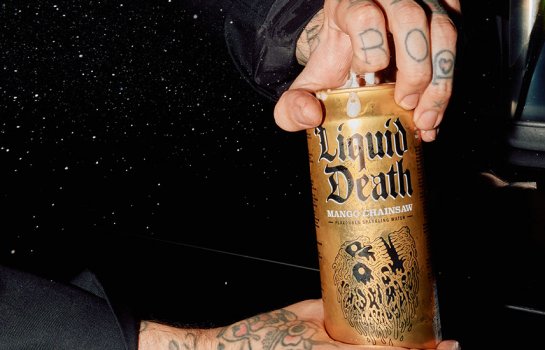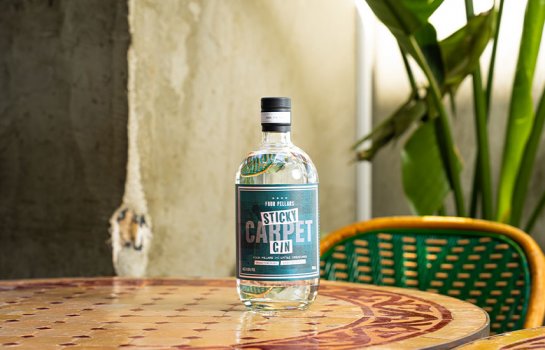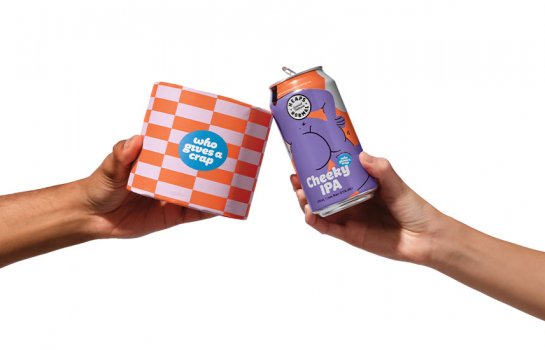
Learn the truth about palm oil
Strewn through 40% of the products lining Australian supermarket shelves, palm oil is directly linked to the illegal destruction of rainforest and the inhumane treatment of orangutans in Southeast Asia. Found in food products, cosmetics, shampoo, washing detergents and toothpaste, palm oil isn’t regulated in Australian household products, often listed simply as vegetable oil.
There are over 200 alternative names for palm oil – you can find an extensive list here – with the common moniker of Sodium Lauryl Sulfate one that can be easily recognised in grooming products. Aside from delivering you a heady serve of saturated fats and other health ailments through consumption, it is not the oil itself that is an issue, but the havoc the farming of it unleashes on animals, nature and communities. This liquid ivory is sourced from the oil palm tree, with 85% of global production being exported from Indonesia and Malaysia. In these tropical climates, protected environments like rainforests are illegally logged to create space for new palm oil plantations, as the product is cheap and demand for it is high among manufacturers. However, these forests are usually the protected habitats of the orangutan and other endangered species.
More than 50 orangutans are killed every week due to deforestation – their homes are bulldozed, and with no way to escape they are burnt alive, captured, tortured, and their young are sold in the illegal pet trade. The cultivation of palm oil sees 300 football fields worth of nature destroyed every hour in Southeast Asia and, as a result, the orangutan, Sumatran tiger and Sumatran elephant are under threat of extinction. Filmmaker Patrick Rouxel has created online documentary GREEN in relation to palm oil-related deforestation in Indonesian. The film has no narration, making it accessible to all nationalities, and follows the emotional journey of a female orangutan’s final days of life, after falling victim to logging and land clearing.
Continuing to buy products containing palm oil feeds demand and continues the destructive spiral. A good rule of thumb to use when buying packaged products is to read through the ingredients and if there’s something in there that you can’t pronounce or don’t know exactly what it consists of, put it back down. Palm Oil Investigations is a great resource for more information – the not-for-profit organisation celebrates its first birthday this week – and is developing a free barcode scanner app to quickly decipher if a product contains palm oil or if the ingredient is certified sustainable palm oil. Zoos Victoria, Say No To Palm Oil, Palm Oil Action and WWF are all great resources for further reading. You can assist in eradicating conflict palm oil by helping to create the educative 28 Day Palm Oil Challenge and sign up for the Global Day of Action to Cut Conflict Palm Oil on May 20, 2014.
The Stumble Guide is our comprehensive Brisbane dining guide with more than 2400 places to eat, drink, shop and play.



